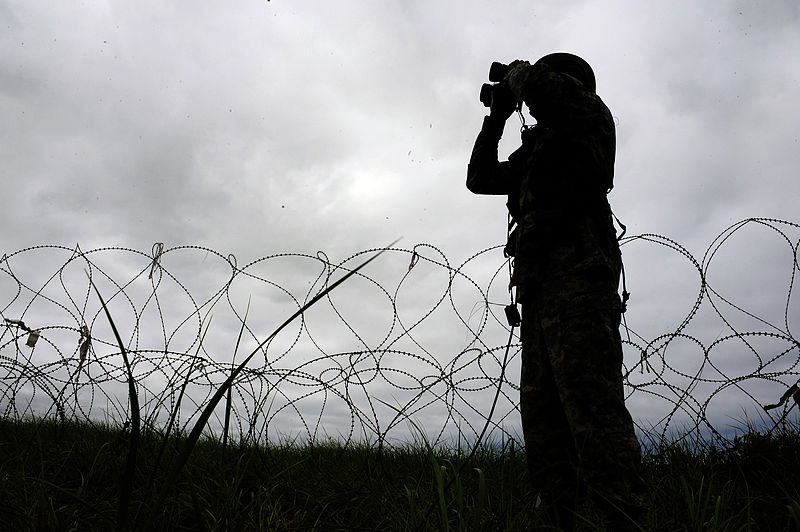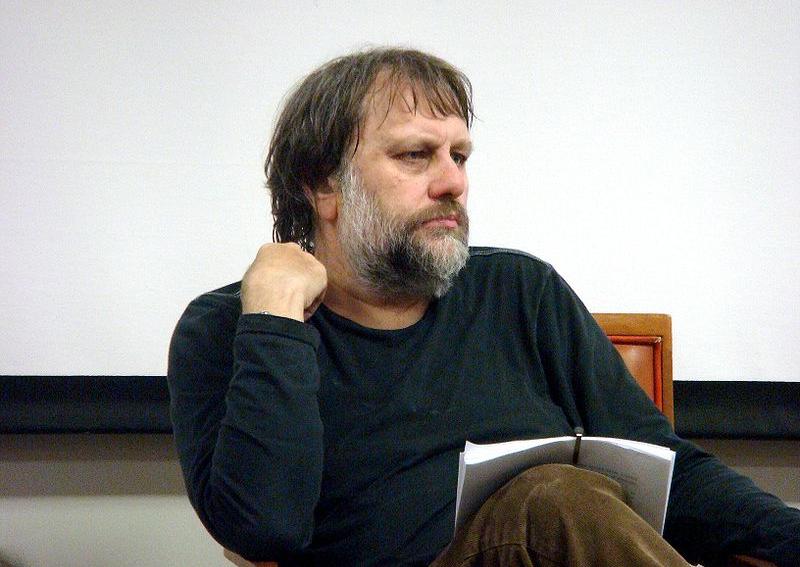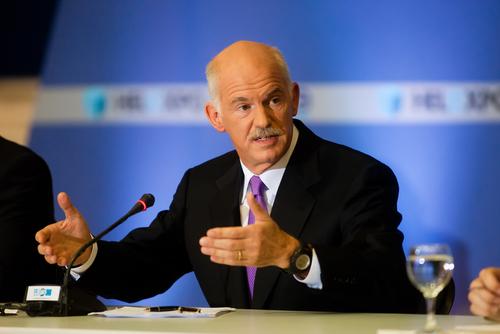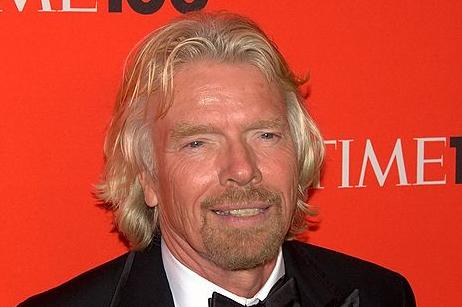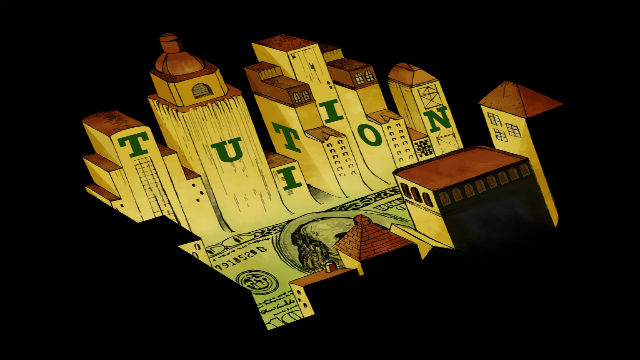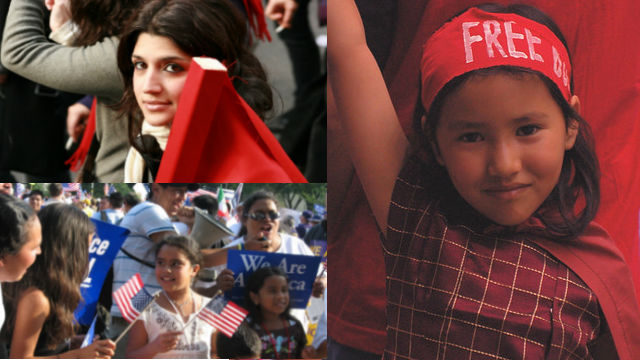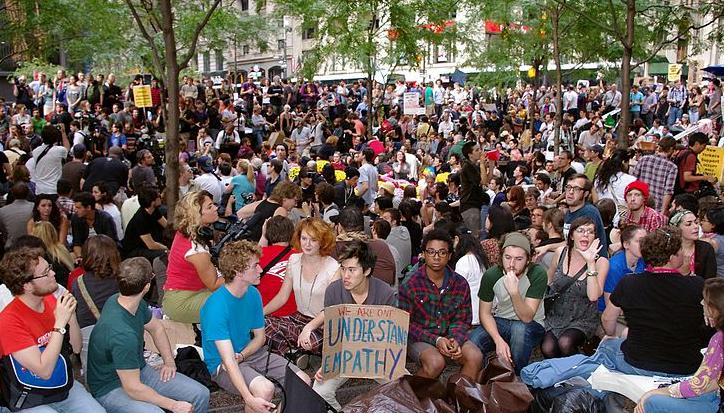Politics & Current Affairs
All Stories
Who’s right? Digital optimists who view the internet and social media as democratizing political forces, or pessimists who claim that they dumb down political discourse and polarize the electorate?
Harnessing sunlight in space could provide effectively limitless amounts of power without the resource limitations or environmental impacts of alternatives like fossil fuels.
After decades of dictatorship, the people of Egypt, the Arab world’s most populous state, have gone to the polls sharply polarized and confused over the nation’s direction.
How did we go from seeing genocide and other large-scale crimes against humanity as a consensus-free zone to today’s overwhelming acceptance of the “responsibility to protect”?
How can China win affection across the world, and global supremacy to boot? By establishing a harmonious society free of today’s huge gaps between rich and poor.
Revelations about the Zwickau terror cell are a wake-up call for Germany, where more than 140 people have died as a result of far-right violence since reunification in 1990.
The shift in U.S. strategic attention toward Asia has even some astute commentators wondering why Americans should care about Asian security. It’s about keeping Asia divided.
It’s fashionable and easy to blame vast, mysterious, authoritarian China for our economic problems. It’s also not quite fair.
Leadership in Congress is on the wane, say Erskine Bowles and Alan Simpson. Budget negotiations remain weighed down by special interests while the public yearns for big action.
The “I’m stronger than you on national security” saber-rattling by Democrats and Republicans is cheap and dangerous, yet many Americans are sucked in by it.
In the middle-to-long term, the Iranian state can’t keep ignoring that democracy and human rights, not independence alone, are the measure of successful governance in the Arab world.
With his combination of pop culture references, humor and fresh political insights, Žižek has become one of the most charismatic and sought after voices of the Occupy Wall Street movement.
Religious groups, labor groups, women’s rights groups, environmental groups and various business interests all offer “scorecards” that rate politicians. So why not atheists? Penn Jillette fills the void.
Two-thirds of people surveyed in the U. K. support the temporary shutdown of services such as Twitter and Facebook in future riots in order to stem the spread of unrest.
Iran–with apparent help from Soviet, Pakistani and North Korean experts–is near to nuclear capability, according to a bombshell report by the International Atomic Energy Agency.
Amid growing fears of a government collapse in Athens, Prime Minister Papandreou scrapped plans for a bailout referendum but, referencing European unity, has refused to step down.
“Climate change poses a serious challenge to business, and business must be part of the solution,” says Branson. The business mogul says change is happening too slowly.
Coming from an upper middle class family, Bruce Bueno de Mesquita says, he could have afforded to pay some college tuition. Instead, he was the beneficiary of the tax dollars of less well-off New Yorkers. He argues that “tuition discrimination” makes private universities a fairer option.
The James Webb Telescope has become a political football since it, predictably, has run over time and budget. Why can’t N.A.S.A. and Congress do better financial planning?
In honor of that award, we’re republishing a segment from our October interview with Abed, in which he talks about what women and girls can teach the world.
Having hit the human population milestone of seven billion, the future we now need to face is not one of too much population growth, but too little, says strategist Sanjeev Sanyal.
German Chancellor Angela Merkel proved instrumental yesterday in brokering a deal with banks to write down Greek debt and create a continent-wide bailout fund.
A new generation of unconventional fossil fuels is taking hold thanks to new technologies that are expected to diversify global resources away from the Middle East.
As grasslands diminish on prairies and savannas around the world, an innovative ranching technique that reverses the environmental damage of desertification makes its way to the U.S.
The dominant idea that the world’s oil supplies are a finite and known quantity is a dangerous lie that creates subsidies to protect consumers while climate change rages on.
Globalization brings structural changes to national economies faster than they can react, resulting in unemployment, skill mismatches and wealth inequality, says Nobel Laureate Michael Spence.
Despite the emergence of social media, social change still requires the use of physical space. Occupy Wall Street protesters in Zuccotti Park are proof of America’s dwindling public sphere.
Now into its fourth week, the Occupy Wall Street movement lacks a visible leader and a single set of demands. Is that a tenable platform for political change? It just may be.
September 21, 2010 marked the 2501th anniversary of the Battle of Marathon. Of course, probably every day somewhere in the world people commemorate Marathon by running a 26 mile Marathon […]
A new collection of case studies describes how cities can successfully implement “green infrastructure” to process rainwater in ways that make urban environments more habitable.









